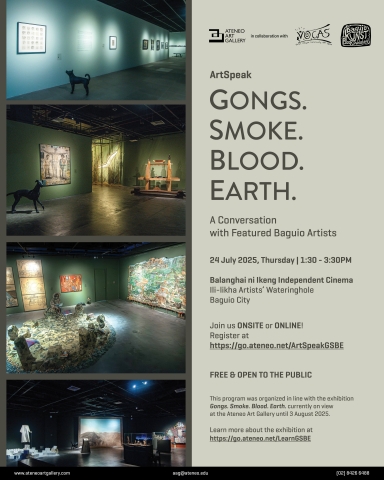Roundtable discussion on strategic alliances and disengagements: An in-depth analysis of the Philippines’ international relationships
02 May 2024
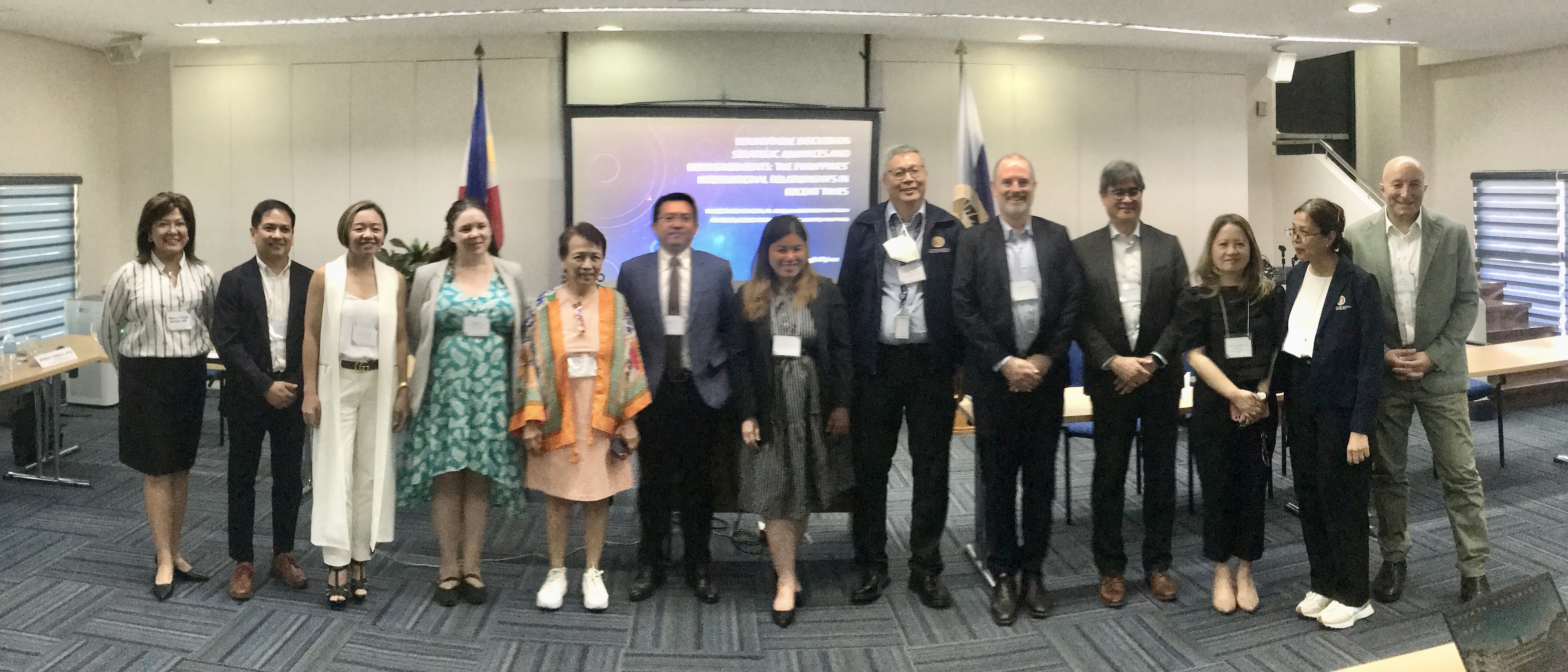
On Thursday, 2 May 2024, a roundtable discussion was held and organized collaboratively by the Australian National University (ANU), Ateneo School of Government (ASOG), Ateneo Policy Center (APC), and the Ateneo Law School (Ateneo Law). The session provided a platform to scrutinize the strategic alliances and disengagements that have shaped the nation’s foreign policy landscape in recent times.
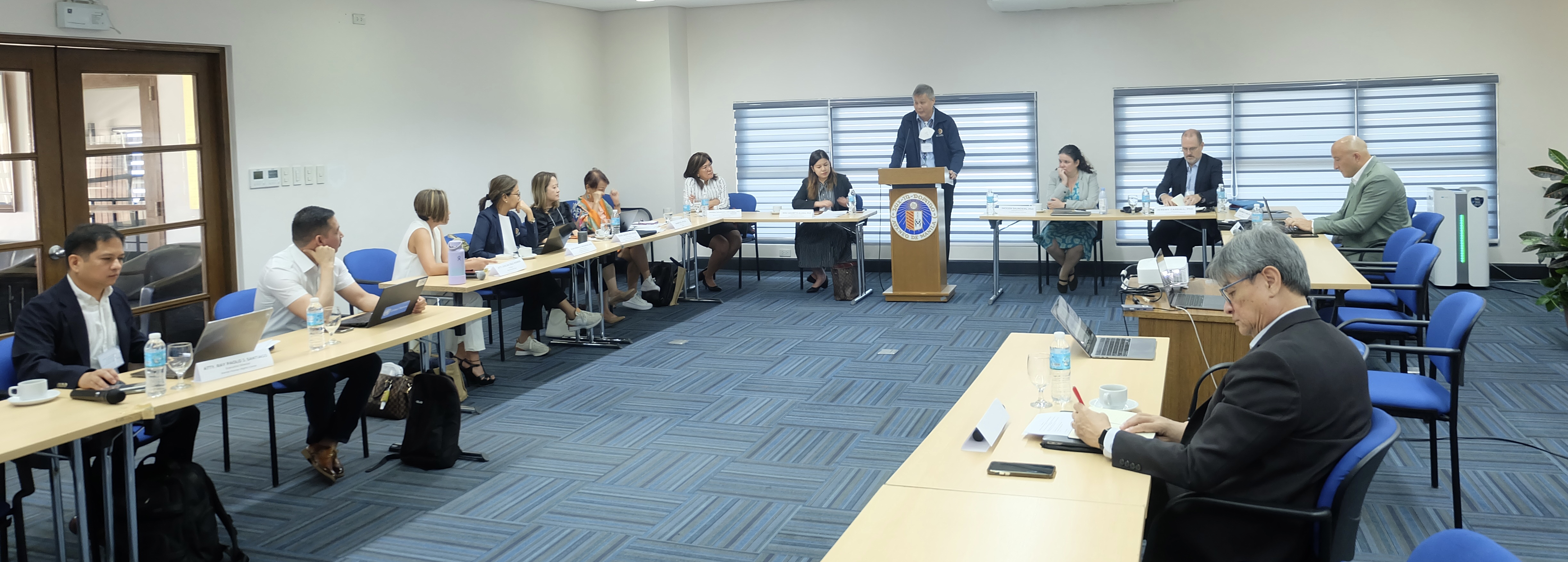
The event commenced with Dr Randy Tuaño, ASOG Dean warmly welcoming the participants and outlining the significance of the day's discussions in light of contemporary geopolitical dynamics.
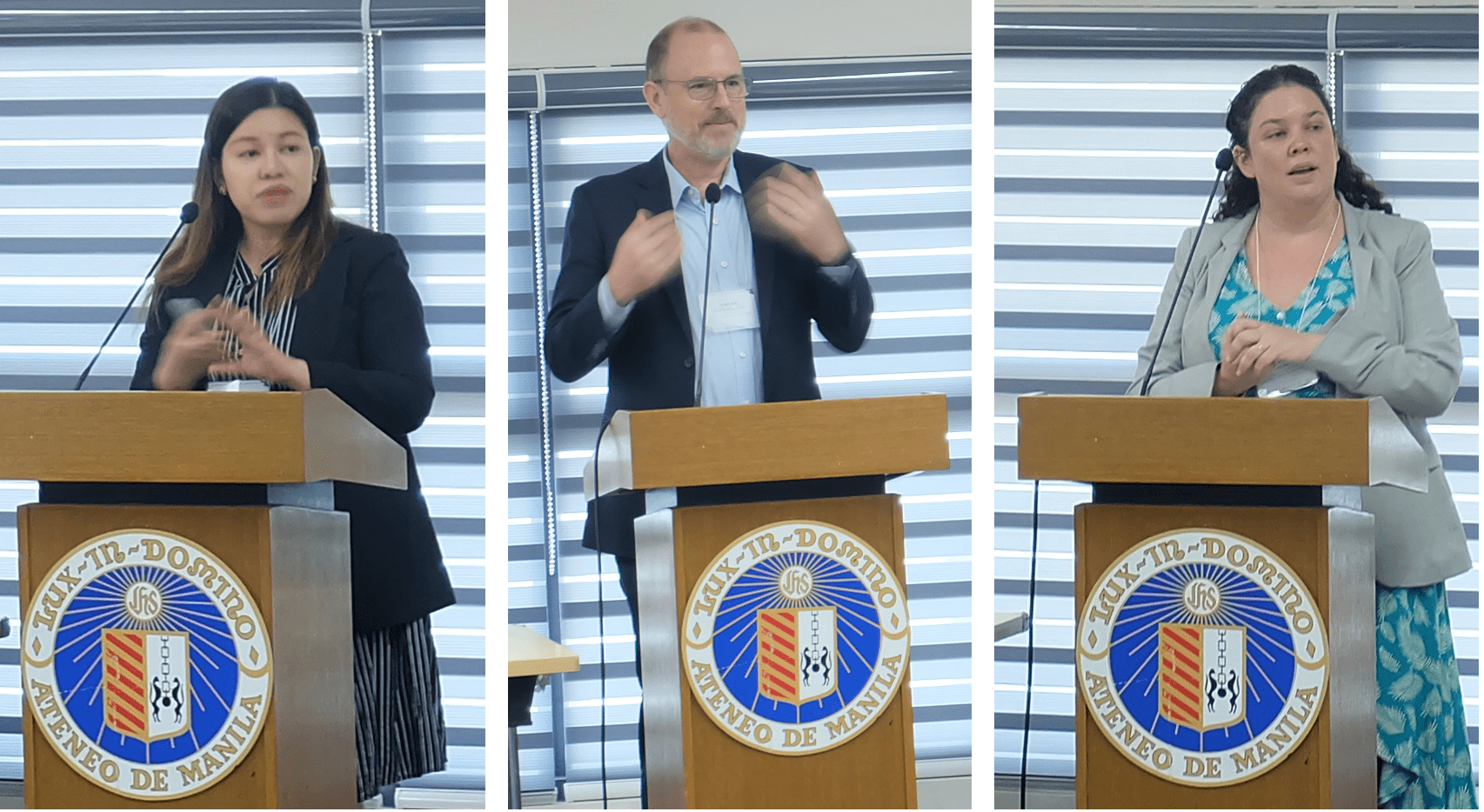
In the first panel, Professor Jeremy Farrall (ANU) introduced the ARC Discovery Project, emphasizing its role in underpinning the discussion. He set the stage by examining how countries, particularly under populist leaderships like that of the Philippines, interact with international institutions and adhere to the international rules-based order. The discussion highlighted the nuanced approach of the Philippines, oscillating between engagement and disengagement, reflecting a strategic selection across various international fields.
The chairperson was Professor Jeremy Farrall (ANU) and the discussants were Associate Professor Imogen Saunders (ANU) and Dr. Nina Araneta-Alana (ANU).
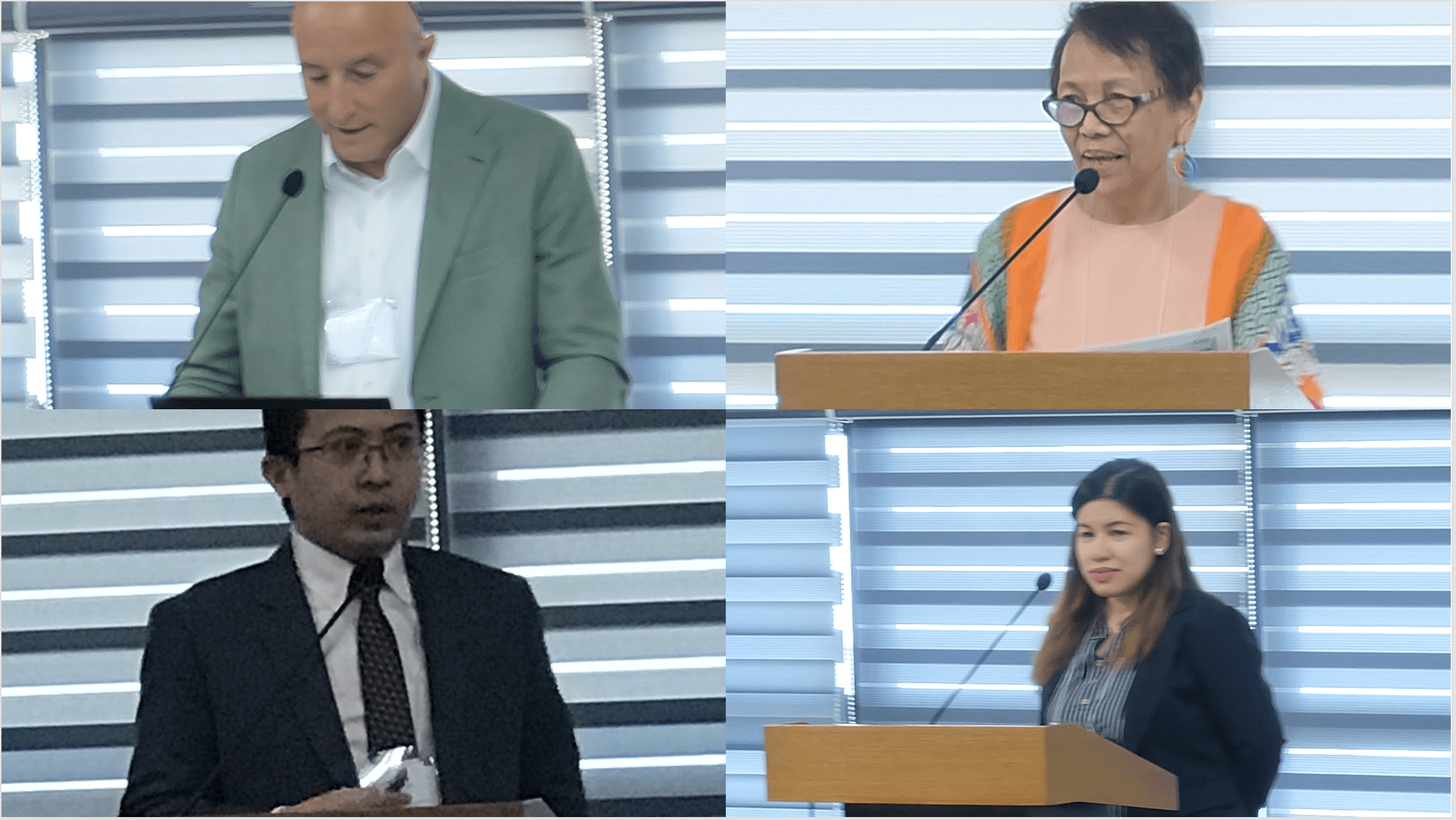
The next session delved into the intricacies of foreign policy formulation and implementation within the Philippines, particularly under President Duterte’s administration. The panelists explored how decisions were influenced and acted upon, focusing on the interplay between the President, his cabinet, and other bureaucratic entities.
The chairperson was Dr. Nina Araneta-Alana while the discussants were Ms. Marites Vitug (Rappler), Dr. Aaron Jed Rabena (UP, Pacific Forum), and Mr. Sam Chittick (Asia Foundation).
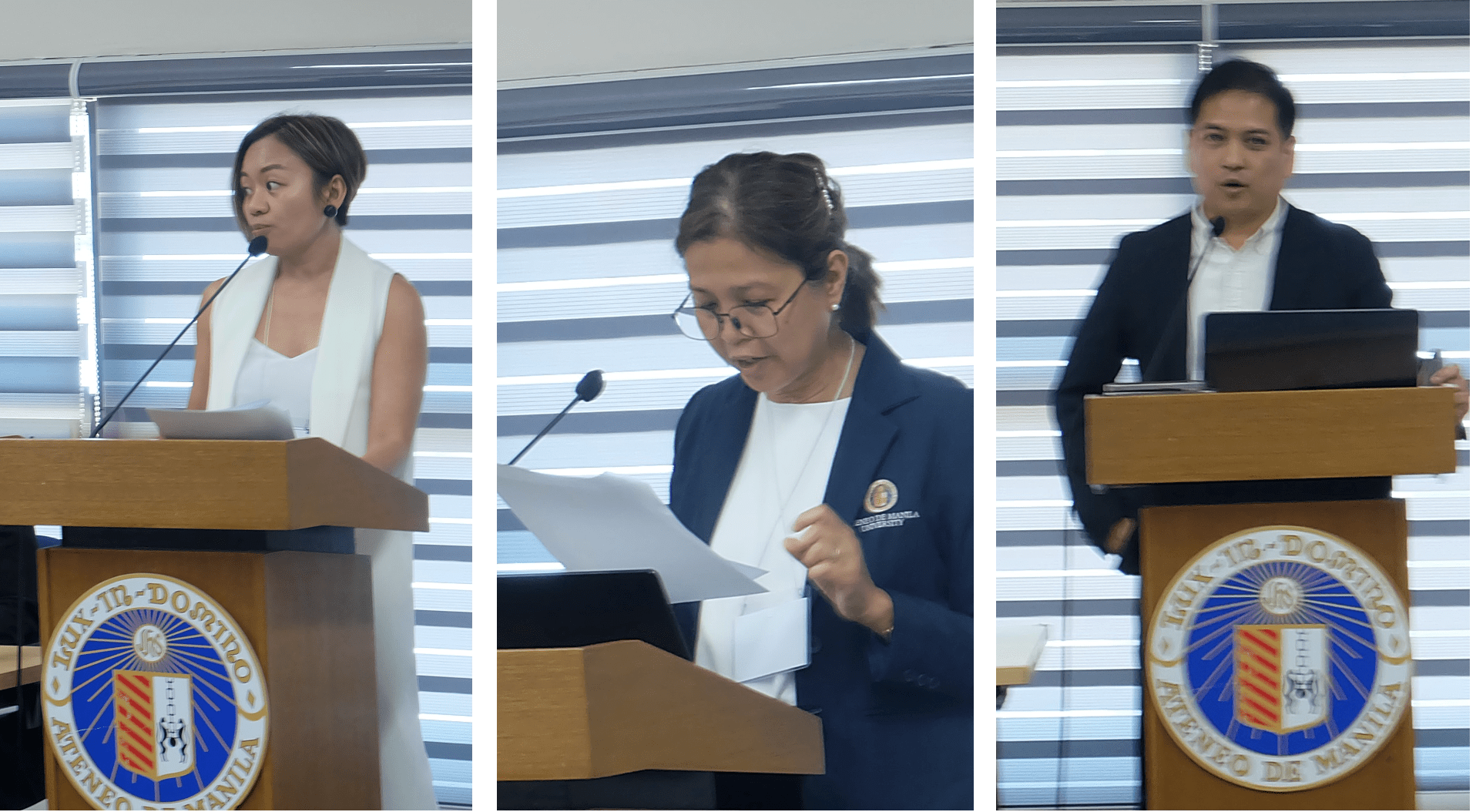
The next set of discussions centered around significant shifts in the Philippines’ diplomatic stance, including its withdrawal from the International Criminal Court (ICC) and reorientation towards ASEAN and China. The panel examined the underlying dissatisfaction with traditional allies like the UN and the US, and debated the alignment of human rights principles with national interests.
The chairperson was Atty. Evecar Cruz-Ferrer (Ateneo Law) while the discussants were Dr. Alma Maria Salvador (Ateneo) and Atty. Ray Paolo Santiago (Ateneo Human Rights Center).
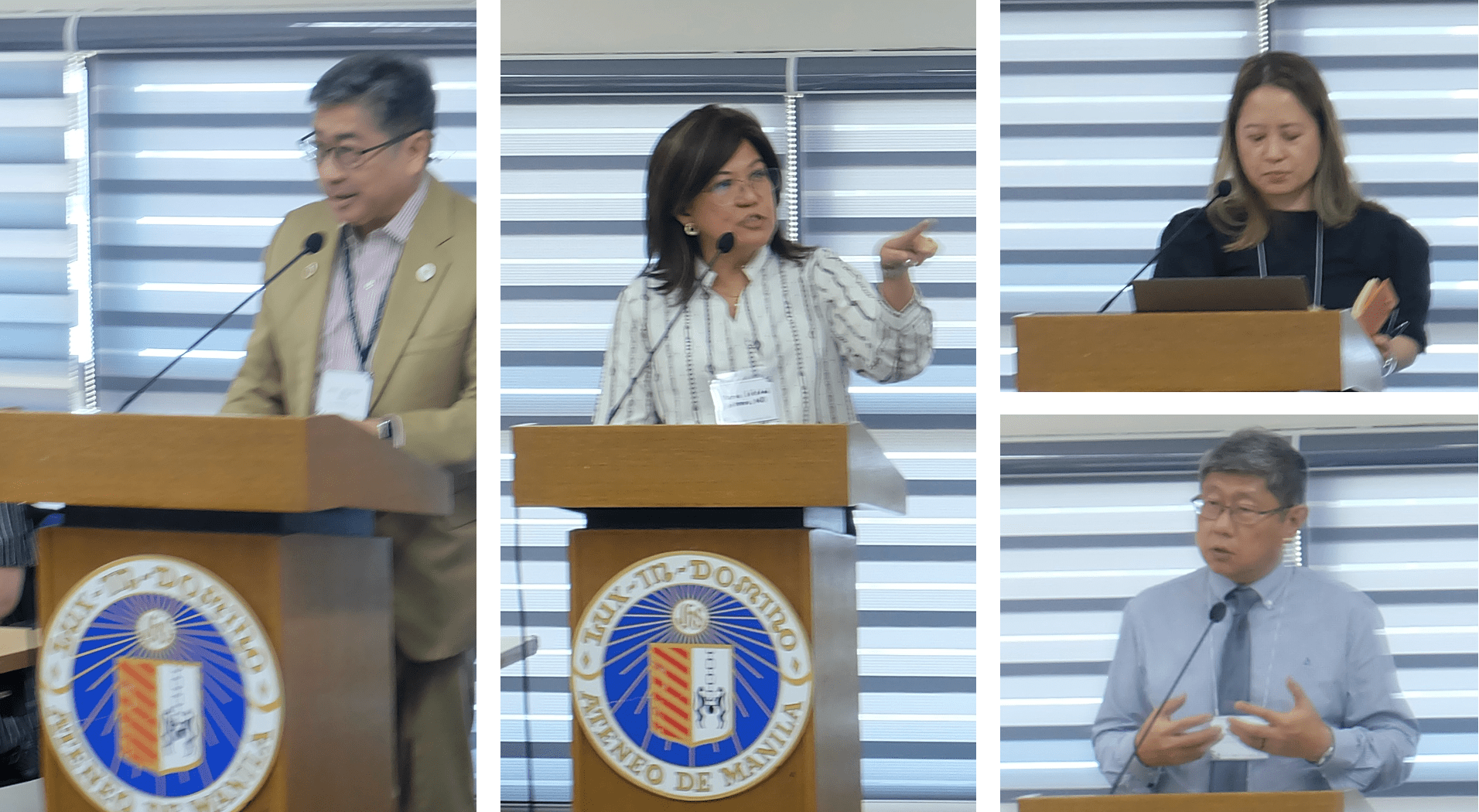
The final panel assessed the Philippines’ relationships with international bodies such as the WHO and the WTO. Despite the turbulence in other areas, the panelists noted that the relationships in health and trade remained relatively stable and cooperative during Duterte’s tenure. The discussion also covered the role of policymakers and advisors in fostering these international relationships.
The chairperson was Associate Professor Imogen Saunders (ANU) while the discussants were Dr. Maria Soledad Antonio (DOH), Dr. Kenneth Hartigan-Go (ASOG-APC), OIC-Dir. Marie Sherylyn Aquia (DTI), and Atty. Anthony Abad (Ateneo Law)
Overall, the roundtable provided valuable insights into the complex web of factors that influence a nation’s international engagements and disengagements. The discussions highlighted that while shifts in leadership and policy can significantly affect a country's foreign relations, these decisions are often driven by deeper strategic considerations, reflecting broader geopolitical and domestic priorities.
As the Philippines continues to navigate its path on the international stage, the insights gathered from this roundtable will undoubtedly contribute to a better understanding of its strategic choices and their implications for the future.






